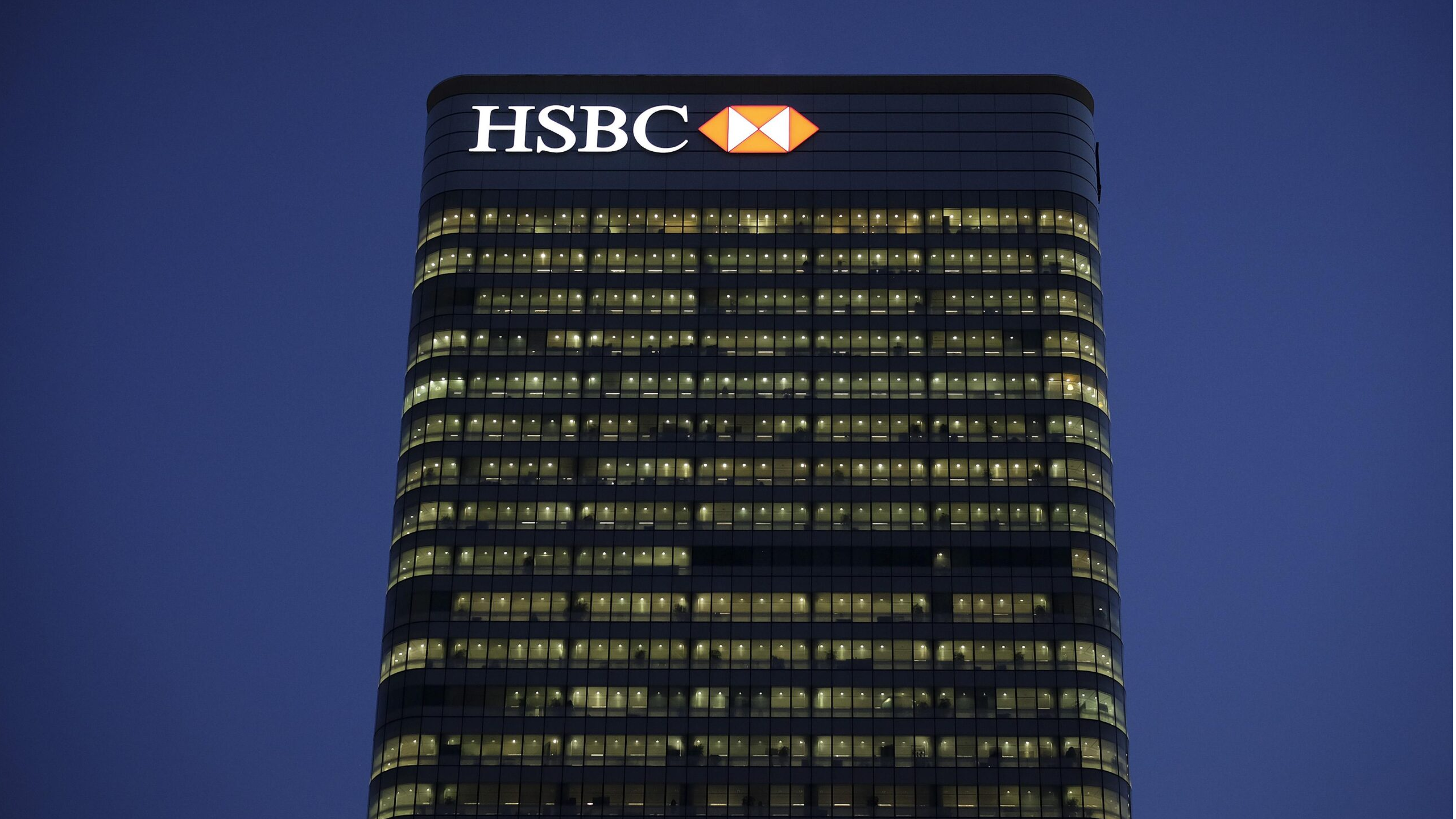
HSBC’s Downgrades Reflect Growing Concerns in the Banking Sector
The recent surge in Wall Street bank stocks has drawn the attention of analysts and investors alike. HSBC's strategic downgrading of three major U.S. banks—including JPMorgan Chase, Goldman Sachs, and Bank of America—has stirred discussions about what lies ahead for the finance sector. Analyst Saul Martinez has pointed out the risks associated with elevated macroeconomic uncertainties, potential slowdowns in economic growth, and anticipated interest rate reductions extending into 2026. As a result, he has changed his recommendations for these stocks, advising caution amidst a backdrop of previous record-high performances.
Understanding the Dynamics Behind the Downgrades
Martinez's downgrade isn't just an isolated decision; it reflects broader economic realities. The KBW Bank Index, which measures the performance of major U.S. banks, recently experienced its longest-ever winning streak. However, with a noticeable pullback and a drop in shares during premarket trading, HSBC's move emphasizes the need for investors to assess the underlying factors contributing to such fluctuations.
Three major factors mark the current landscape: the repricing of fixed-rate assets, credit quality, and investment banking activity. Current stock prices have largely factored in these positive developments, yet potential macroeconomic threats remain outside the market's price calculations. This misalignment presents unique opportunities for savvy investors to reconsider their strategies and adapt to these evolving indicators.
Contrasting Sentiments Among Analysts
With HSBC's cautious stance, other financial analysts hold differing viewpoints regarding the performance of U.S. banks. For instance, Mike Mayo from Wells Fargo acknowledges an optimistic outlook, stating that bank stocks could continue to rise as long as a recession is off the table. On the opposite side, Baird has reduced its ratings on JPMorgan and Bank of America, primarily due to the perceived overvaluation of their stocks. This divergence in sentiment illustrates the complexity and nuances at play within the banking sector.
Opportunities in Smaller Regional Banks
While HSBC remains skeptical about the largest players, it shines a positive light on super-regional banks such as U.S. Bancorp, PNC Financial Services Group, and Truist Financial Corp.. Rated as 'buys' by the bank, these institutions present potentially attractive investment opportunities despite their own recent rallies. For Michigan small business growth and Metro Detroit startups, engaging with these smaller banks could foster beneficial local partnerships that bolster economic development.
The Bigger Picture: Impact on Michigan’s Economy
This ongoing discussion about banking stocks has profound implications beyond Wall Street—it resonates deeply with the economic landscape of Michigan. As Detroit and its surrounding regions position themselves for economic recovery and growth, understanding these financial dynamics is vital for business owners and investors looking to navigate market trends effectively. The correlation between stock performance and local economic health underscores the necessity of a well-informed investment approach.
Adapting Strategies Amid Market Volatility
The fluctuations and uncertainties identified by HSBC highlight the importance of having a robust strategy when investing in today's markets. With the potential for unfavorable shifts in interest rates and macroeconomic conditions, business owners and investors in Metro Detroit should take proactive steps. This may involve diversifying investment portfolios, seeking mentorship from financial experts, and staying attuned to regional economic policies that can affect funding opportunities.
Final Thought: Embracing Investment Opportunities
In a landscape marked by volatility, the ability to adapt your business strategy can set you apart. Whether it’s tapping into Detroit’s commercial real estate development or leveraging Michigan venture capital resources, understanding the immediate financial environment can lead to positive outcomes for businesses. By remaining informed and proactive, Michigan entrepreneurs can position themselves for growth and success in an evolving marketplace.
As we navigate these economic shifts, consider joining local business networks, exploring collaboration possibilities, and actively seeking out new investment opportunities. Together, these efforts will foster a vibrant, sustainable economic future for Metro Detroit.
 Add Row
Add Row  Add
Add 



 Add Row
Add Row  Add
Add 
Write A Comment